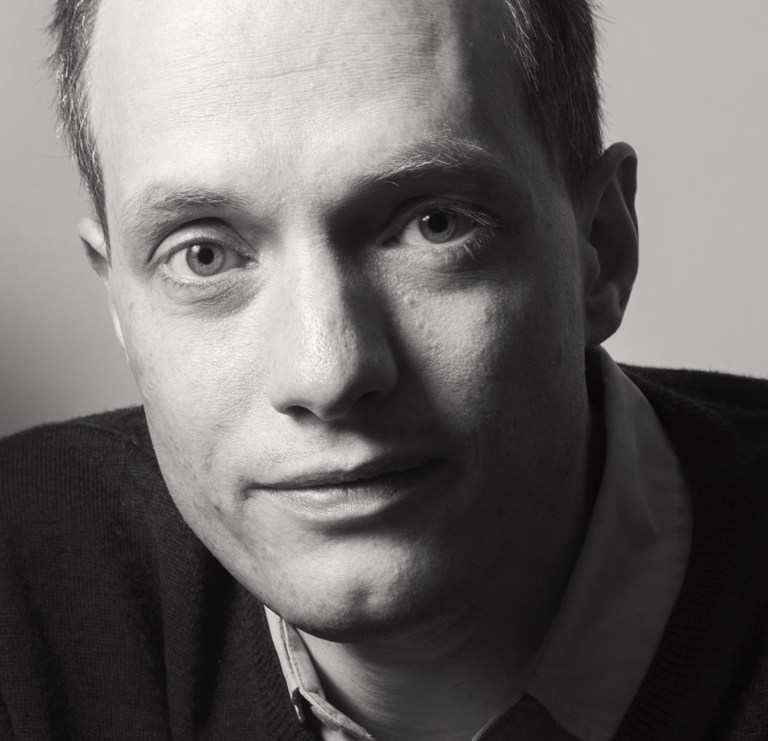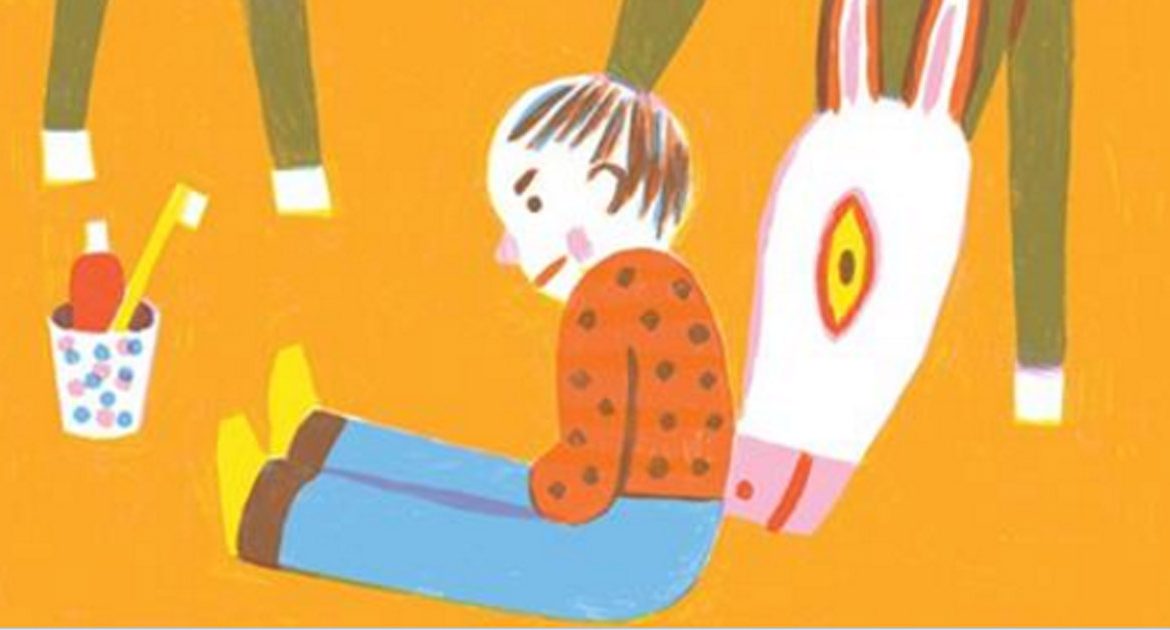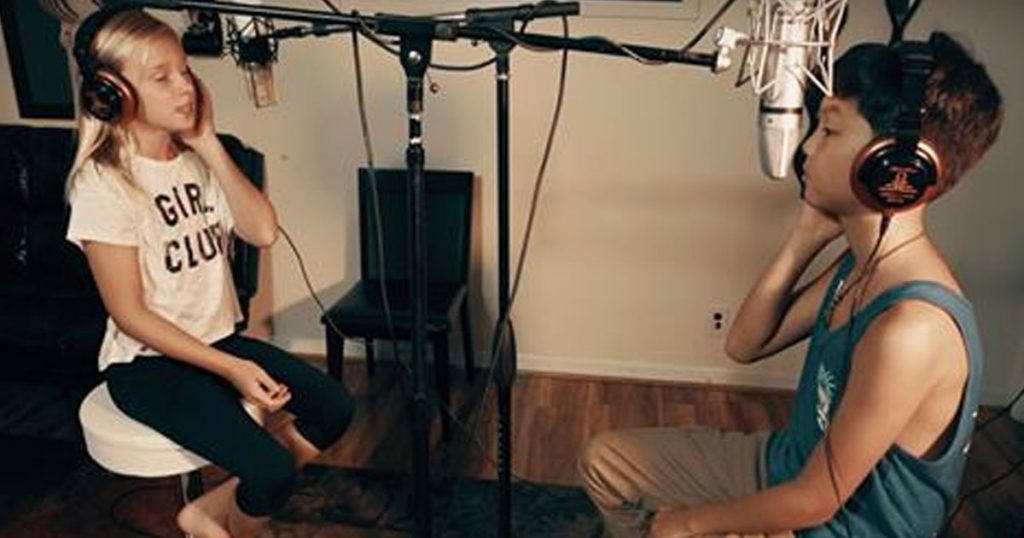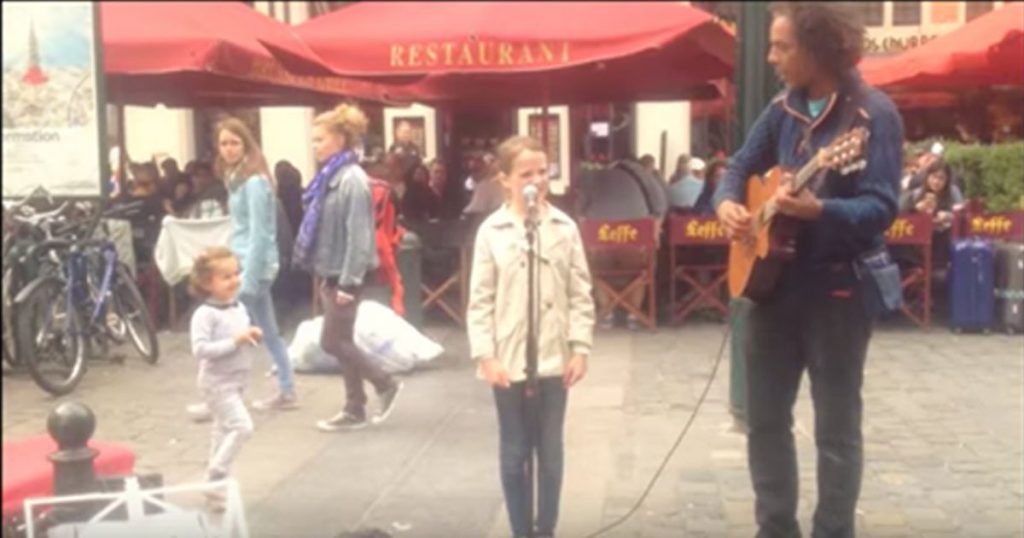“Nothing awakens us to the reality of life so much as a true love,” Vincent van Gogh wrote to his brother. “Why is love rich beyond all other possible human experiences and a sweet burden to those seized in its grasp?” philosopher Martin Heidegger asked in his electrifying love letters to Hannah Arendt. “Because we become what we love and yet remain ourselves.” Still, nearly every anguishing aspect of love arises from the inescapable tension between this longing for transformative awakening and the sleepwalking selfhood of our habitual patterns. True as it may be that frustration is a prerequisite for satisfaction in romance, how are we to reconcile the sundering frustration of these polar pulls?

The multiple sharp-edged facets of this question are what Alain de Botton explores in The Course of Love (public library) — a meditation on the beautiful, tragic tendernesses and fragilities of the human heart, at once unnerving and assuring in its psychological insightfulness. At its heart is a lamentation of — or, perhaps, an admonition against — how the classic Romantic model has sold us on a number of self-defeating beliefs about the most essential and nuanced experiences of human life: love, infatuation, marriage, sex, children, infidelity, trust.

A sequel of sorts to his 1993 novel On Love, the book is bold bending of form that fuses fiction and De Botton’s supreme forte, the essay — twined with the narrative thread of the romance between the two protagonists are astute observations at the meeting point of psychology and philosophy, spinning out from the particular problems of the couple to unravel broader insight into the universal complexities of the human heart.
In fact, as the book progresses, one gets the distinct and surprisingly pleasurable sense that De Botton has sculpted the love story around the robust armature of these philosophical meditations; that the essay is the raison d’être for the fiction.

In one of these contemplative interstitials, De Botton examines the paradoxical psychology of one of the most common and most puzzling phenomena between lovers: sulking. He writes:
At the heart of a sulk lies a confusing mixture of intense anger and an equally intense desire not to communicate what one is angry about. The sulker both desperately needs the other person to understand and yet remains utterly committed to doing nothing to help them do so. The very need to explain forms the kernel of the insult: if the partner requires an explanation, he or she is clearly not worthy of one. We should add: it is a privilege to be the recipient of a sulk; it means the other person respects and trusts us enough to think we should understand their unspoken hurt. It is one of the odder gifts of love.
Sulking, De Botton suggests, stems from a form of magical thinking — the belief, endearing in its origin but deleterious in its effect, that an impossibility is possible:
Sulking pays homage to a beautiful, dangerous ideal that can be traced back to our earliest childhoods: the promise of wordless understanding. In the womb, we never had to explain. Our every requirement was catered to. The right sort of comfort simply happened. Some of this idyll continued in our first years. We didn’t have to make our every requirement known: large, kind people guessed for us. They saw past our tears, our inarticulacy, our confusions: they found the explanations for discomforts which we lacked the ability to verbalize.
That may be why, in relationships, even the most eloquent among us may instinctively prefer not to spell things out when our partners are at risk of failing to read us properly. Only wordless and accurate mind reading can feel like a true sign that our partner is someone to be trusted; only when we don’t have to explain can we feel certain that we are genuinely understood.
But rather than bemoaning the sulk as a fatal flaw of a relationship, De Botton wrests from it evidence of the most hopeful and generous capacity of the human heart:
We would ideally remain able to laugh, in the gentlest way, when we are made the special target of a sulker’s fury. We would recognize the touching paradox. The sulker may be six foot one and holding down adult employment, but the real message is poignantly retrogressive: “Deep inside, I remain an infant, and right now I need you to be my parent. I need you correctly to guess what is truly ailing me, as people did when I was a baby, when my ideas of love were first formed.”
We do our sulking lovers the greatest possible favor when we are able to regard their tantrums as we would those of an infant. We are so alive to the idea that it’s patronizing to be thought of as younger than we are; we forget that it is also, at times, the greatest privilege for someone to look beyond our adult self in order to engage with — and forgive — the disappointed, furious, inarticulate child within.

Half a century after Iris Murdoch consoled a heartbroken friend by reminding her that “love is better than no love, though it can hurt so much,” De Botton revisits another facet of the same bewildering dynamic in a section on the interplay between trust and blame:
The most superficially irrational, immature, lamentable, but nonetheless common of all the presumptions of love is that the person to whom we have pledged ourselves is not just the center of our emotional existence but is also, as a result — and yet in a very strange, objectively insane and profoundly unjust way — responsible for everything that happens to us, for good or ill. Therein lies the peculiar and sick privilege of love.
Toward the end of the book, De Botton follows this paradoxical privilege to its equally paradoxical conclusion:
Maturity begins with the capacity to sense and, in good time and without defensiveness, admit to our own craziness. If we are not regularly deeply embarrassed by who we are, the journey to self-knowledge hasn’t begun.
The Course of Love is an immensely perceptive and pleasurable read in its totality. Complement it with philosopher Erich Fromm on what is keeping us from mastering the art of loving, sociologist Eva Illouz on why love hurts, and Anna Dostoyevsky on the secret to a happy marriage, then revisit De Botton on the seven psychological functions of art and what philosophy is for.
For more of his largehearted wisdom on love and our human vulnerabilities, see his magnificent Design Matters conversation with Debbie Millman:
My view of human nature is that all of us are just holding it together in various ways — and that’s okay, and we just need to go easy with one another, knowing that we’re all these incredibly fragile beings.
Subscribe to Design Matters here for more invigorating conversations with artists, writers, designers, and other creative thinkers.





